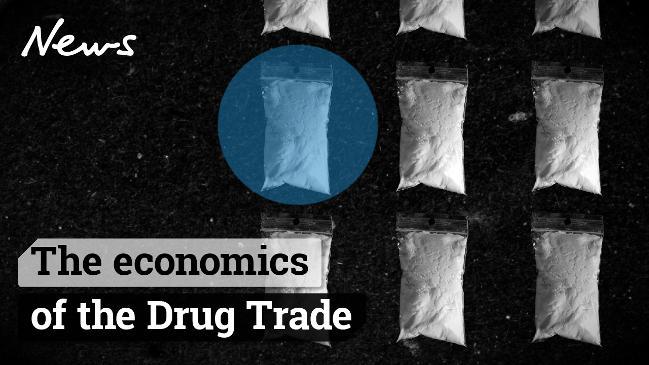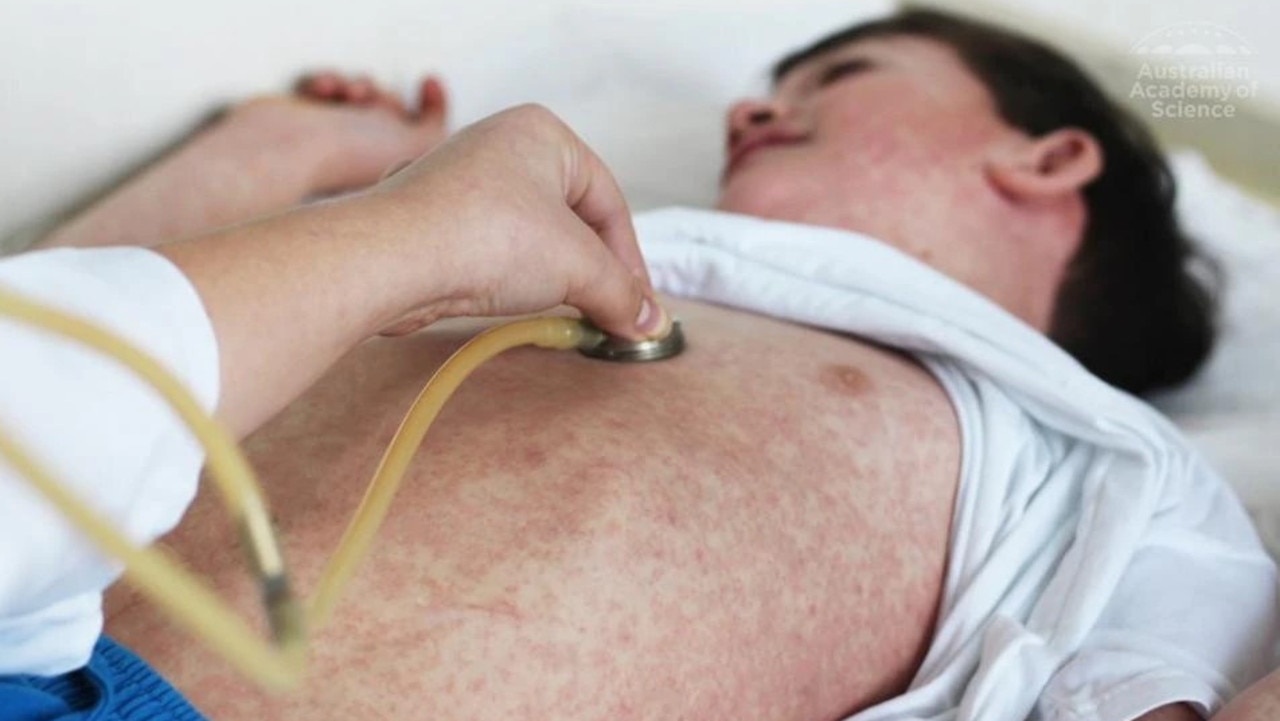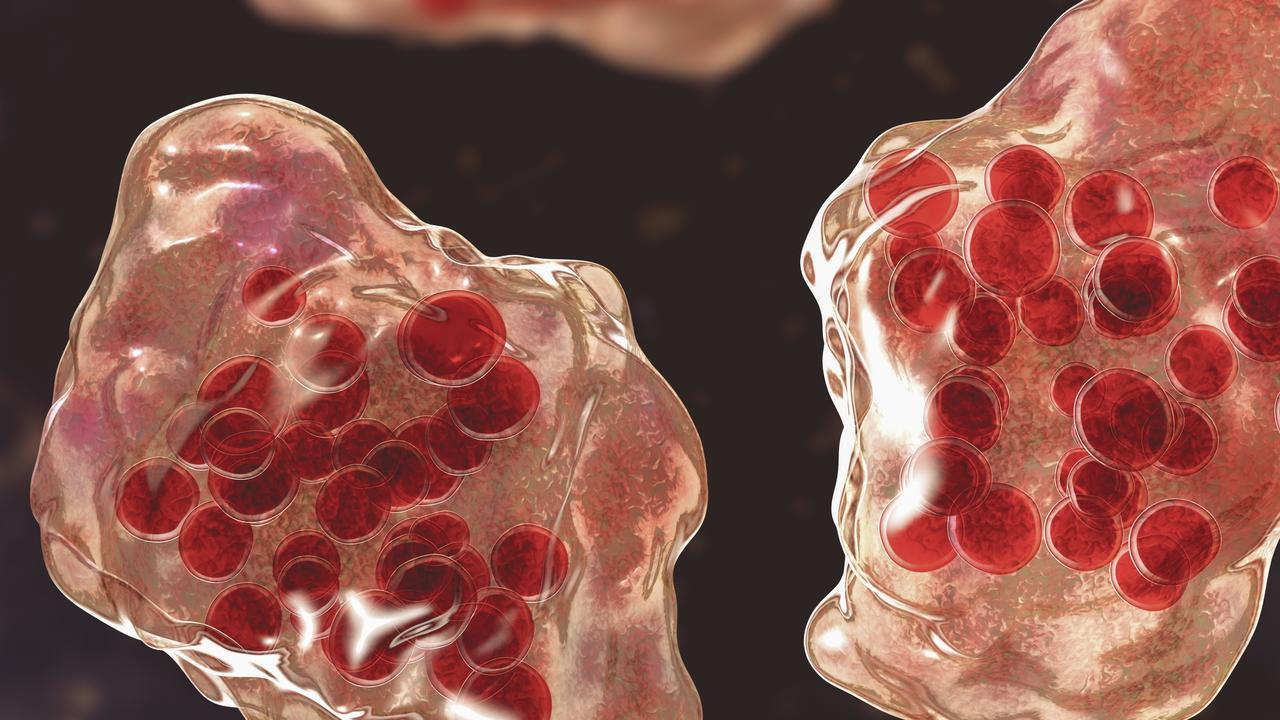I took daily doses of magic mushrooms to improve my performance and mental health. Here’s what happened
A growing body of research is exploring the benefits of small doses of certain illicit drugs — so I decided to be a guinea pig.
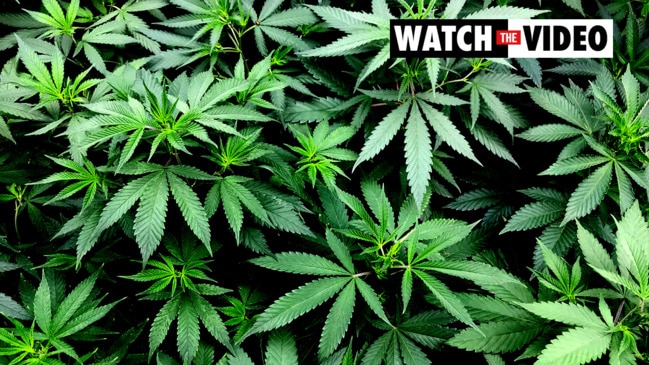
The other day I went to kick the footy with a friend for the first time in years. When he rocked up late he punted the ball my way, and I scooped it up on the run and hit a left foot snap straight through the middle. I ran to grab it from behind the goals and my second touch was a curving banana kick that arced out in front of the touchline and bent back to split the goalposts.
My friend raised an eyebrow. “Back on the mushrooms, mate?” he asked.
About 35mg of powdered magic mushrooms an hour beforehand was enough, about a hundredth of a solid tripping dose. It was like the middleman between my body and me had been taken out of the picture, and with him gone I felt clearer than I had in weeks.
Without thinking about it I could feel my muscles with more precision and intensity, hence the two goals and a surge of energy as we ran round the oval.
Later that evening, discussing the looming apocalypse over a bottle of wine with friends, I noticed my neurotic clouds seemed to have dissolved entirely. My ranting about Trump and trauma felt more fluent, and it was a joy to be having a yarn with old mates — a global warming that compounded as the week went on.
Microdosing was introduced to the world a few years ago in a book called The Psychedelic Explorer’s Guide by Dr Jim Fadiman. He ran clinical studies into LSD in the 1960s before the war on drugs put paid to the first wave of psychedelic research.
In 2010 he heard that Albert Hoffman, the chemist who discovered LSD and psilocybin (the active compound in mushrooms), had been taking tiny amounts regularly for the last decades of his life. “And he was giving two-hour speeches on his hundredth birthday,” Dr Fadiman told me with a laugh, from his home in California.
RELATED: New study to test the workplace benefits of microdosing LSD
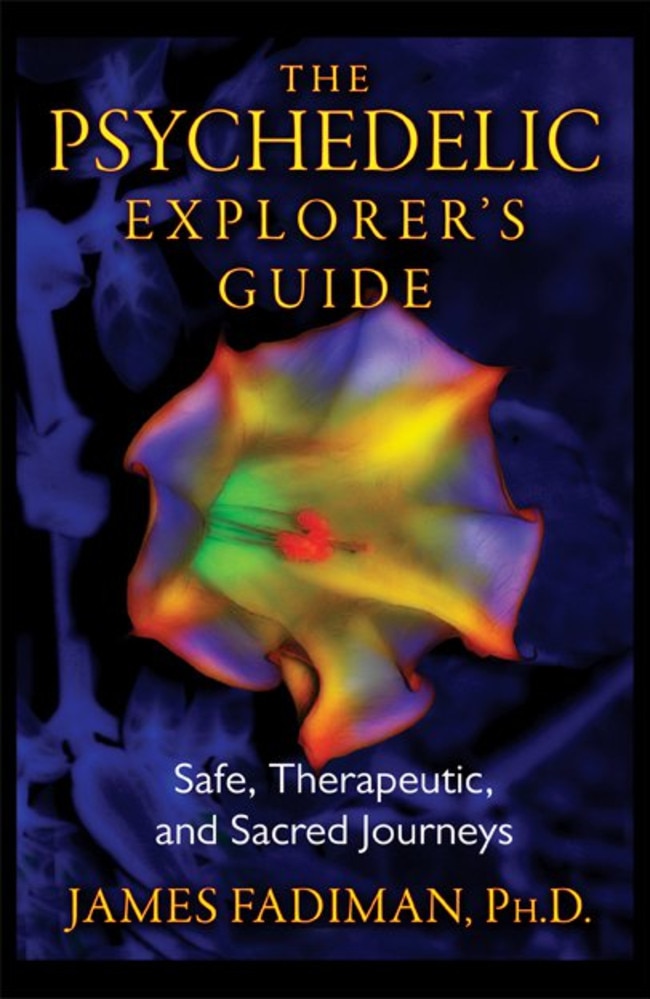
Dr Fadiman included a chapter about it in his book, and people started getting in touch. From such DIY origins it’s spread swiftly underground. Dr Fadiman suggests taking about a tenth of a full dose of LSD or mushrooms every three days, but like me, many trippers modify the protocol to suit themselves. Another legendary mushroom expert, Paul Stamets, recommends a much smaller dose five days a week.
The idea is to take a sub-perceptual or threshold dose — such a small quantity, literally a tiny pinch in my case, that there are no hallucinatory effects at all. As Dr Fadiman describes it: “When you pass by flowers they don’t turn and look at you — but, just like when you feel really good, maybe the grass is a little more luminous.”
Dr Fadiman now has thousands of case reports from people in 30 countries, describing a plethora of benefits. The theme, he told me, is ‘better’ — better sleep, better diet, better university grades.
Many report that microdosing helps with depression. Some talk about quitting drinking or smoking. “It’s gonna sound like bullshit,” Dr Fadiman said, “but it just seems to make your system work better, like a higher grade of engine oil. What we’re finding is people’s healthy habits improve.”
At this point, I should confirm what you’re probably already wondering — yes, microdosing is currently illegal. In fact, as a Schedule 9 drug in Australia, psychedelics are at the same level as heroin or methamphetamine. And yet, repeated studies over the past decade have shown them to be very safe.
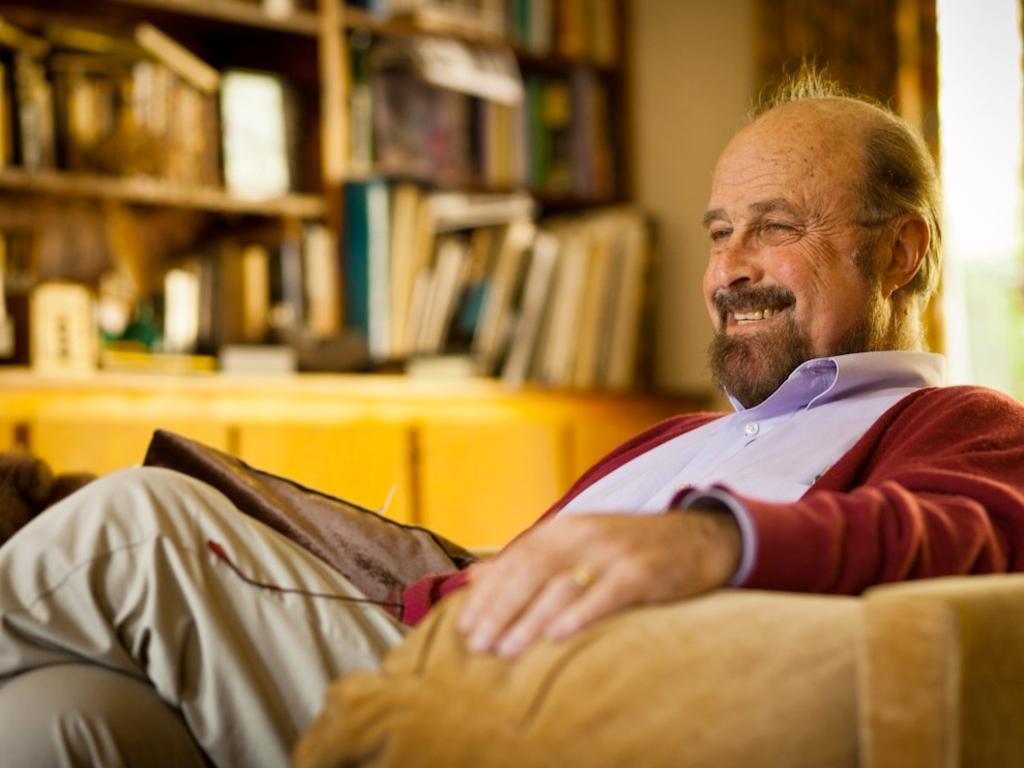
Large-scale studies have found that use of psychedelics is actually correlated with improved mental health outcomes, and reduced suicidal thinking compared to the general population.
Clinical studies of large doses administered with therapeutic support have even shown them to be highly effective for mental illness — psilocybin is being rushed through trials for treatment-resistant depression, and it’s been hailed as a ‘breakthrough therapy’ by US regulators.
Certainly there are significant risks when taking large doses in an uncontrolled setting — but experts have put the relative danger at far less than that of cannabis, tobacco or, the worst by far, alcohol.
There is admittedly less research about microdosing. As a researcher at the Beckley Foundation, which is running the first placebo-controlled microdosing trial in the UK, told me, “put aside all the legal issues, the fact remains that we don’t even know what its full effects are. But people are microdosing — we want to find out what’s going on.”
They’re not the only ones. Recent studies from Canada and the Netherlands have found that microdosing improved open-mindedness and creativity — part of the reason it’s been so popular in Silicon Valley, where coders reportedly find it helps them with problem-solving — as well as general emotional health.
The best research into microdosing so far, though, actually comes from here in Australia. Macquarie University cognitive scientist Dr Vince Polito tested 63 people who were already microdosing at the beginning and end of his six-week study. They showed significant reductions in depression and stress levels over the microdosing period, which Dr Polito told me is “consistent with reports that microdosing benefits general mental wellbeing”.
However, Dr Polito’s study, which was published this week in the journal PLOS ONE also found a slight increase in neuroticism, a result replicated in another study from Edith Cowan University in Perth. “It’s a surprising finding,” he told me. “Perhaps it’s related to an increase in emotional expressiveness.”
And this is the thing — it doesn’t always hit the spot. I regularly feel a bit frenetic or agitated for a few hours after microdosing, like a TV set midway through retuning. Normally, that fuzz of mental static resolves into a picture in much higher definition, but sometimes it doesn’t take, and the angst stays unpleasantly dialled up all day.
Dr Fadiman reckons that “it’s not that you’re more anxious, it seems that you’re more aware of being anxious”.

The overarching theme of all this invisible tripping is increased connection, and that’s the biggest takeaway from the Macquarie study, too. The measure that changed most significantly was “absorption”, the capacity for imaginative experience, linked to aesthetic appreciation and a connection to nature.
Carolyn Gregoire, author of Wired to Create, told me that absorption increases our access to creative inspiration.
“The psychological capacity for absorption allows us to more deeply experience the world around us. If we think of creativity as connecting the dots in some way, the greater absorption creates more dots and more opportunities for connection.”
That’s what it feels like. Depression, for me, is a glass wall separating me from the world, and I’ve been stuck behind it for most of my life. When the wall dissolves and I can step out into the sunlight, it’s like being reconnected to a source of energy and emotion that I couldn’t access otherwise.
Last year, I was working a very intense job in residential care homes with extraordinary but highly volatile teenagers. One afternoon shortly after starting, I was stressed out and struggling to connect with the kids, who on account of their childhoods are naturally defensive (like me). Frustrated after work, I microdosed, and the next day had a big breakthrough — I spent the shift at a waterfall and having fun shopping with the two girls.
A couple of weeks later, one of them turned to me and said, “You know, Jesse, it’s weird. Normally it takes me like a year to trust any of the male workers, but it’s only been a month and I already trust you. We have our little fights and then we get on with it.” It was a sweet moment.
It’s not that I was able to build those connections so quickly solely because of the mushrooms — it’s me doing it. Microdosing just helps me get out of my own way. And it definitely isn’t the only way to break through — I still reckon hard and frequent exercise is the best drug in the world — but every little bit helps, and I’ll take all the help I can get.
When the choice is between easy, natural and fun, or self-conscious, slow and tense, I’ll choose the good every time.
Of course, it could all be in my head. A second part of Dr Polito’s research looked at attitudes to microdosing in 236 respondents. “Overall, people expected everything that could improve to improve.”
But he notes that the pattern of expectations didn’t correlate with the benefits found in the first study. “That sort of indicates that the findings in our first study aren’t entirely due to expectations. I’m less sceptical than I was at the outset.”
Dr Fadiman reckons we may never know whether these experiences are all in our mind. “But when someone who’s been depressed for 15 years and has taken 10 medications and feels better every time they microdose, then I believe them.”
I’m inclined to agree. It’s not a magic bullet, but as part of a balanced diet, I know the mushrooms do me good. When it works, it really works, knocking through the partition between the world and me. Other times, when the walls in my mind are thicker, I need a bigger sledgehammer. Whichever, microdosing is only a tool — I’m the one who’s got to make something with it.
This is a personal account and news.com.au does not advocate the use of illicit drugs nor imply usage will assist in the management of mental illness.
